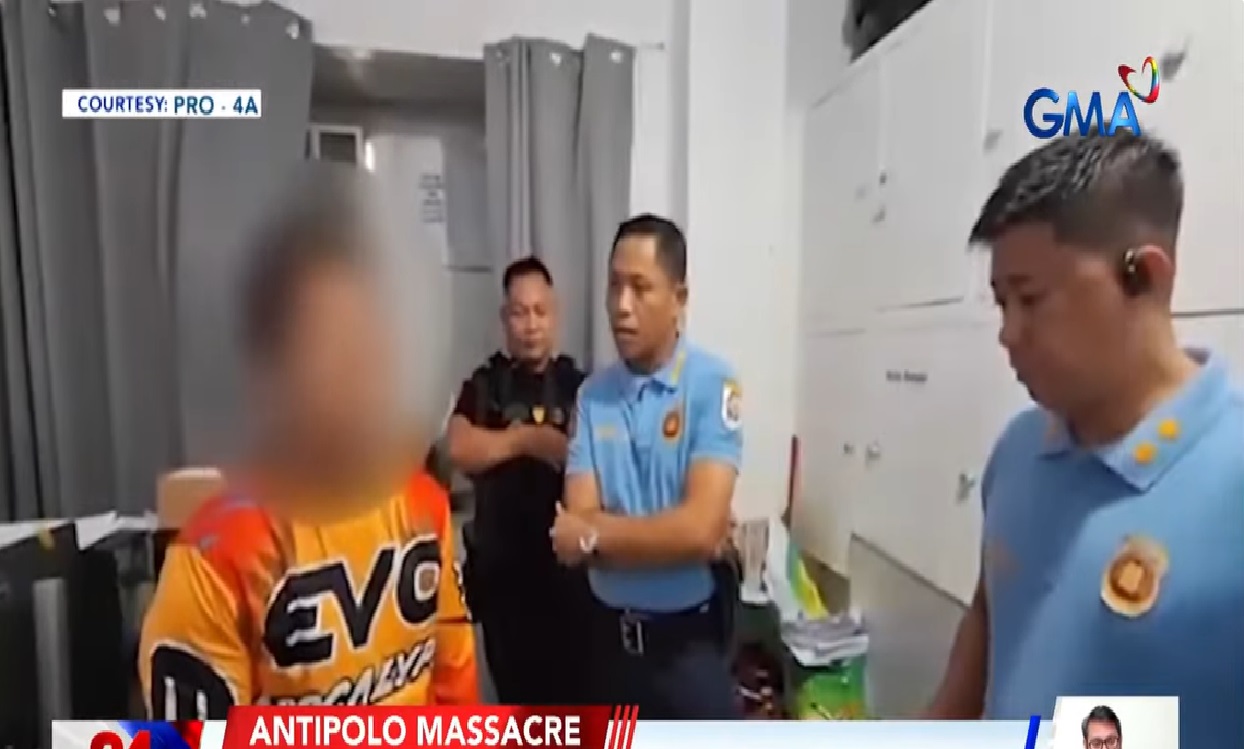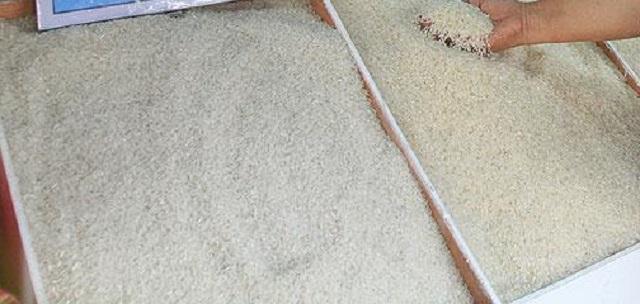Palace: Cabinet execs' answers during Imee hearing on Duterte arrest 'sufficient'
Malacañang on Wednesday maintained that Cabinet officials have sufficiently answered the queries raised during the Senate investigation into the March 11 arrest and eventual detention of former President Rodrigo Duterte in The Hague, Netherlands
''Ayon nga po sa napagdesisyonan, alam na po ng mga Cabinet members natin, ng mga Cabinet officials natin, na sapat na po... sa kanilang pananaw ay sapat na po ang kanilang mga nasabi, naibigay na facts, mga data sa naunang hearing ni Senator Imee Marcos,'' Palace Press Officer Undersecretary Atty. Claire Castro said during a briefing.
(Based on the decision made, our Cabinet members have sufficiently responded to the queries, and have given enough facts and data during the first hearing of Senator Imee Marcos.)
''Sa tingin po namin, sapat na po considering the fact na nagkaroon na rin po siya ng kanyang preliminary findings. So 'yun po, hindi po natin masasabi na hindi naman po tinugunan ang mga katanungan kung ito po ay in aid of legislation,'' she added.
(We think that it's already enough considering the fact that there's already preliminary findings, so we cannot say that the Cabinet officials failed to respond to the questions in aid of legislation.)
Senator Imee Marcos, chairperson of the Senate Committee on Foreign Relations, lamented that there are still a lot of questions that need to be answered in the probe.
She also pointed out that President Ferdinand ''Bongbong'' Marcos Jr., her brother, said he won’t stop the inquiry but the letter from Executive Secretary Lucas Bersamin was very clear.
'Insufficient'
On Wednesday, Imee described as 'insufficient' the reasons enumerated by Malacañang.
Marcos stated this in her response-letter to Bersamin dated April 1, asking the Palace official to “reconsider” his decision and “allow the invited Cabinet members to attend the scheduled hearing.”
In the letter, Marcos refuted the justifications given by Bersamin where the latter mentioned executive privilege, the subjudice rule, and the senator’s preliminary findings from the previous hearing.
“Regrettably, the undersigned finds none of the reasons you adduced in the Letter as sufficient justification for the refusal of executive officials to attend the hearing,” Marcos said in her letter to Bersamin.
The senator maintained her “adherence” to the executive privilege doctrine, reminding the Cabinet officials of the Senate vs. Ermita jurisprudence.
“It would be wise for the executive branch to bear in mind the ruling of the Supreme Court in Senate vs. Ermita where it was emphasized that executive officials are not exempt from the duty to disclose information by the mere fact of being executive officials and that the extraordinary character of the exemptions indicates that the presumption inclines heavily against executive secrecy and in favor of disclosure,” Marcos said.
She also refuted the former chief justice’s invocation of the subjudice rule and maintained that this does not cover congressional hearings in aid of legislation by citing three Supreme Court rulings.
“The power of legislative inquiry is an essential component of legislative power. The same cannot be made subordinate to a criminal or an administrative investigation or to special civil actions pending before the Supreme Court,” she said.
Lastly, Marcos reiterated that the findings mentioned by Bersamin in his letter are preliminary and “backed by factual and legal bases.”
“The Committee is keen to provide the executive officials an opportunity to clarify issues and questions that surfaced last hearing. There are likewise new pieces of information that the Committee has received, and in the interest of fairness and transparency, the Committee would like to give executive officials a chance to explain their side relative to these new pieces of information,” she said.
Executive Order 464
Bersamin had invoked Executive Order 464 (EO 464) which provides for executive privilege, identifying the communication between the chief executive and Cabinet officials and the President’s advisers as privileged communications not for public disclosure.
EO 464 was issued by then-President Gloria Macapagal-Arroyo, whose administration also faced a lot of Senate inquiries over alleged irregularities.
Imee earlier said that Duterte's arrest, on the basis of an arrest warrant issued by the International Criminal Court (ICC), violated the rights of the former president.
The chief executive defended the move, saying the government honored its commitments with the Interpol.
Duterte was flown to The Hague after his arrest and was placed in detention at the Hague Penitentiary Institution or the Scheveningen Prison on March 13 (PH time). He faced the ICC via video link the following day, where the court read to him the charges against him related to the killings under his administration's war on drugs.
The ICC has set the confirmation of charges hearing on September 23, 2025. —KG/RSJ, GMA Integrated News

2 sa 7 panadero na minasaker sa Antipolo, menor de edad; suspek, birthday kaya pinainom ang mga biktima
_2025_04_22_14_53_38.jpg)
2 estudyanteng napagkamalan umanong kasali sa rambulan, patay matapos pagbabarilin sa ulo

P20 per kilo of rice to be sold in Visayas —DA






